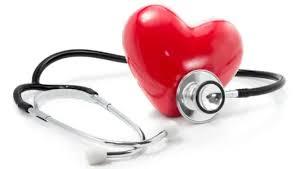We all want relief. From pain, from anxiety, from the endless noise that keeps our minds awake long after midnight. But what happens when the very thing that saves us starts to pull us deeper into the same struggle? That’s what this is about—the moment when the cure becomes part of the cycle.
The Beginning: Just a Little Help
It always starts innocent, doesn’t it? A small pill, a glass of wine, maybe a coping habit that feels harmless. “Just until I feel better,” we tell ourselves. The doctor prescribes something to help you sleep. You start taking Zopiclone every night, and for the first time in weeks, you close your eyes and drift off. Peaceful. Rested. Grateful.
The Subtle Shift
But then, something changes. Slowly. You don’t notice it right away. One night you forget the pill, and suddenly your mind races like it’s never learned how to rest on its own. Your body feels jittery, uneasy, desperate for what used to come naturally. That’s when the realization creeps in—your “cure” might have become something else.You tell yourself you’re just tired. Stressed. Maybe it’s just a rough night. But deep down, there’s that quiet whisper: What if I need it now?
Dependence Disguised as Routine
Human beings love routine. We build comfort out of patterns. But when the pattern is tied to relief, it becomes powerful, sometimes too powerful. Taking something that helps you function starts to feel like a normal part of life. Until it’s not optional anymore.You start to question yourself. Could I get through the night without it? Could I face the day without that little boost, that chemical nudge, that guaranteed rest?
The Emotional Tug-of-War
Here’s the cruel part—our minds justify what our hearts already know is wrong. We say things like “It’s prescribed,” or “It’s not that bad,” or “I can stop anytime.” Maybe we can. Maybe we can’t. But that back-and-forth, that inner tug-of-war, is exhausting.The cure is supposed to bring peace. But now it’s creating anxiety of its own. You start to fear the nights, not because of the insomnia, but because of the need. The need for that same cure that was meant to free you.
When Healing Becomes a Habit
The truth is, this cycle isn’t limited to pills. It’s anything we lean on too hard. Scrolling through our phones for comfort. Drinking to unwind. Working too much to distract from pain. Even love can become a habit we cling to for survival.When healing becomes a habit, it loses its meaning. It stops being about recovery and becomes about escape.That’s the moment you have to pause. To look at what’s helping you and ask: Is this still helping me—or is it helping the problem stay alive?
The Science of Why It Happens
It’s not just mental—it’s physical too. Our brains are wired to crave stability. When something provides relief, our neural pathways reinforce that behavior. Over time, they expect it. The brain doesn’t distinguish between what’s “healthy” and what’s “habit.” It just wants to feel better.That’s why the cycle feels so strong. You’re not weak. You’re human.
Breaking the Cycle
Breaking it doesn’t mean cutting everything off overnight. That’s not realistic, and sometimes it’s not safe. It means awareness. It means slowly rebuilding trust in your body, your mind, your own ability to heal without constant crutches.Maybe that means talking to your doctor again, but honestly this time. Maybe it’s therapy, or mindfulness, or simply sitting with discomfort instead of numbing it.It’s uncomfortable, yes. But so is staying stuck in the same loop.
Finding Real Healing
Healing isn’t linear. It’s messy. Some nights you’ll relapse, or you’ll reach for the cure again, just to get through. And that’s okay. Progress isn’t perfection—it’s recognition.What matters is that you start seeing the pattern. That’s the first real step toward breaking it. When you can look at your “cure” and say, “I see what you are, and I choose differently,” that’s when healing truly begins.Because the goal isn’t to never need help again. The goal is to learn what kind of help actually helps.
A New Kind of Freedom
Freedom doesn’t always feel good at first. It’s shaky, uncertain, a little lonely even. But it’s real. It’s you learning to trust yourself again—to sleep without aids, to feel without numbing, to live without looping.The cycle loses its power when you stop giving it permission to define you.And when you finally break free, even if it’s just for one night, you’ll understand something deep: the cure was never supposed to be forever. It was supposed to be a bridge, not a cage.


Join our community to interact with posts!